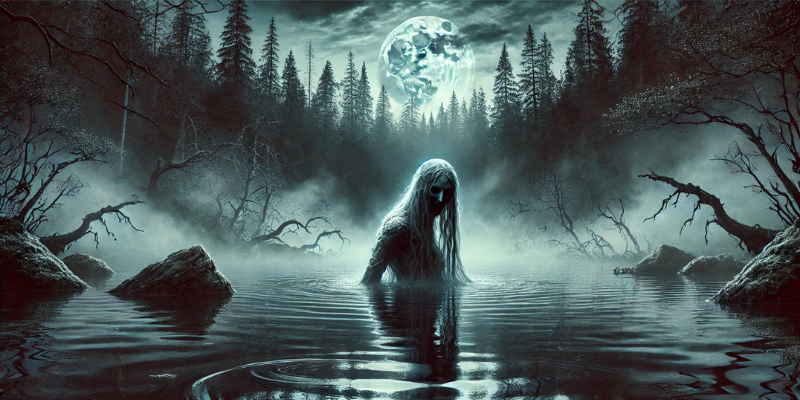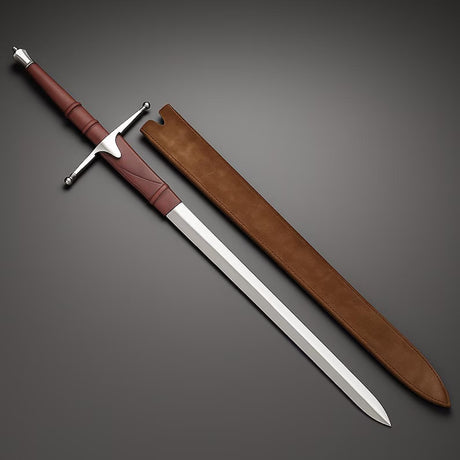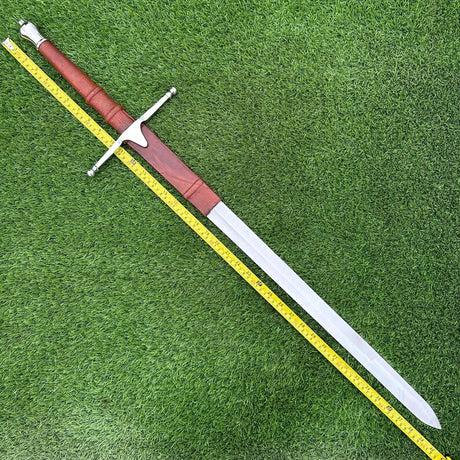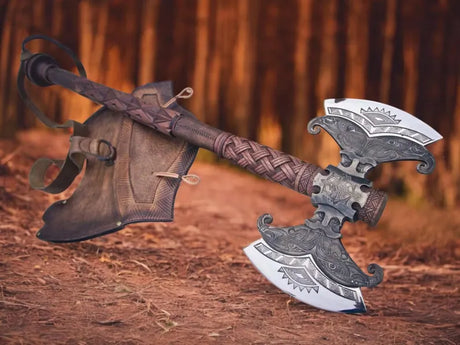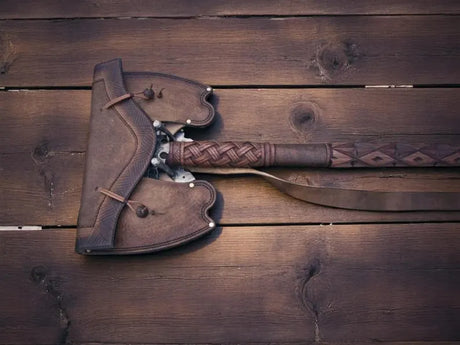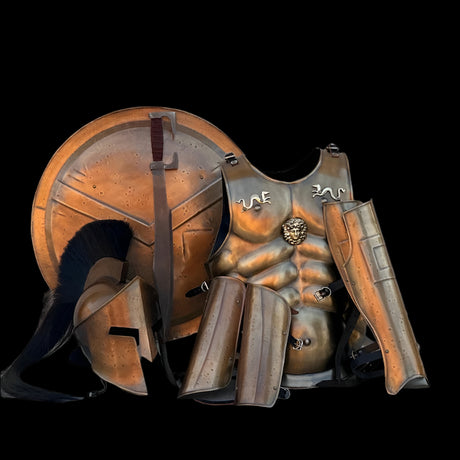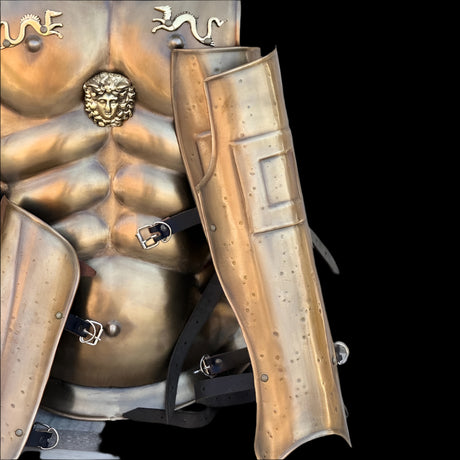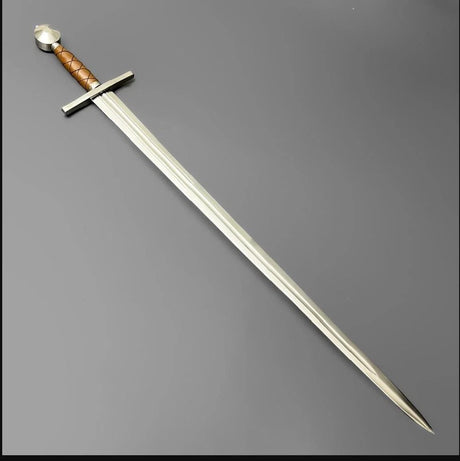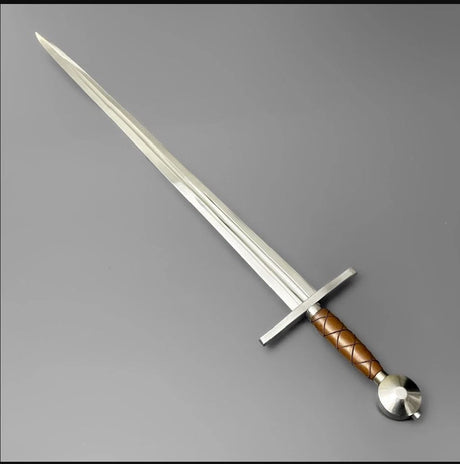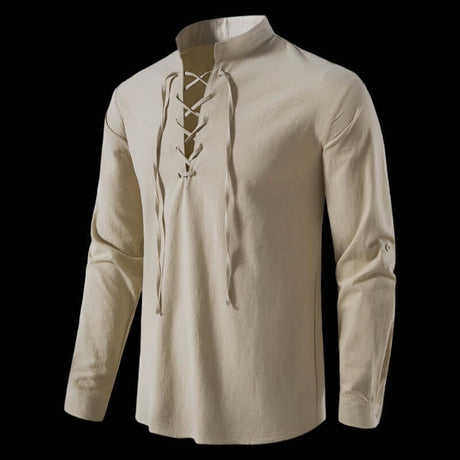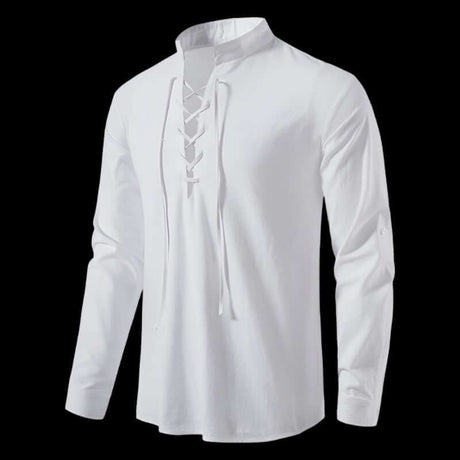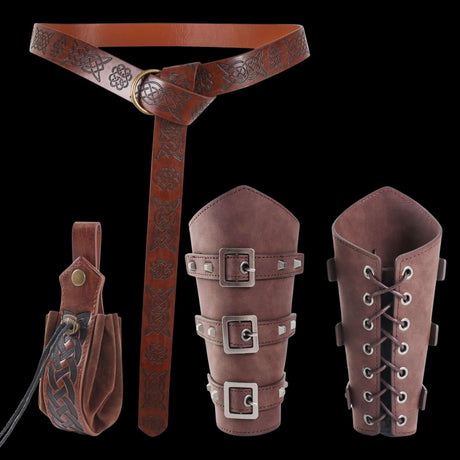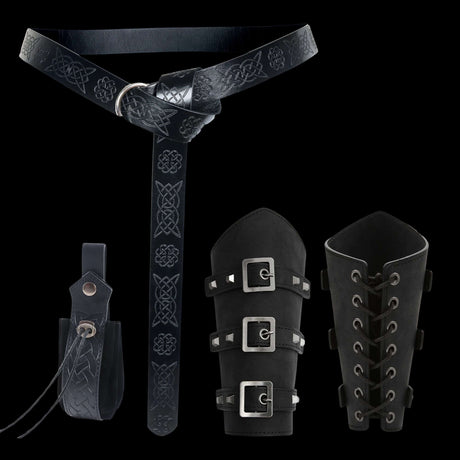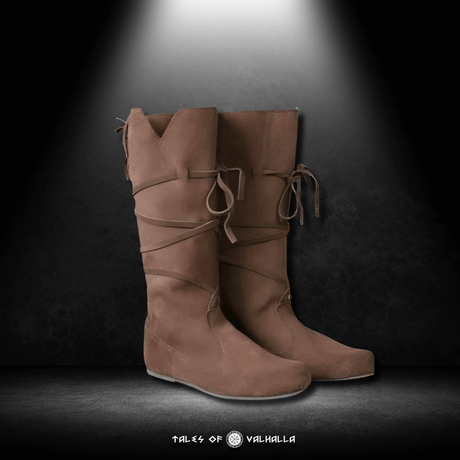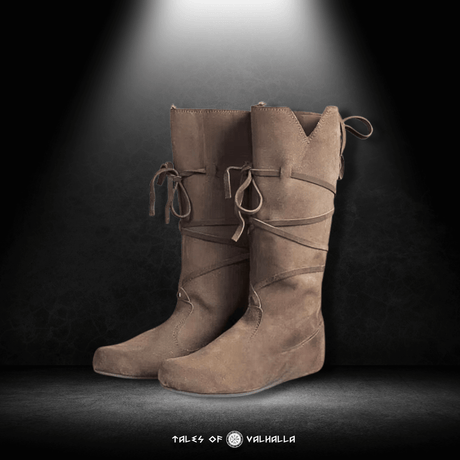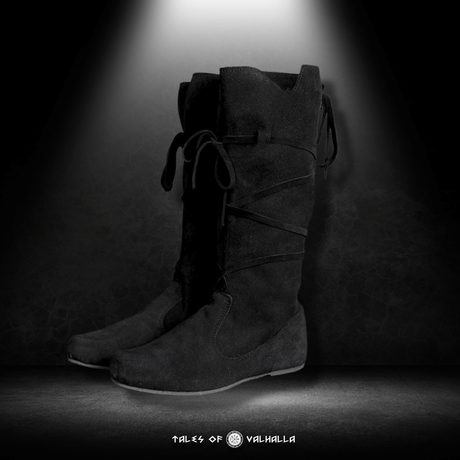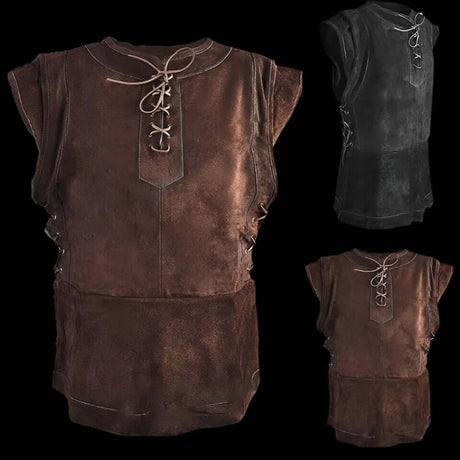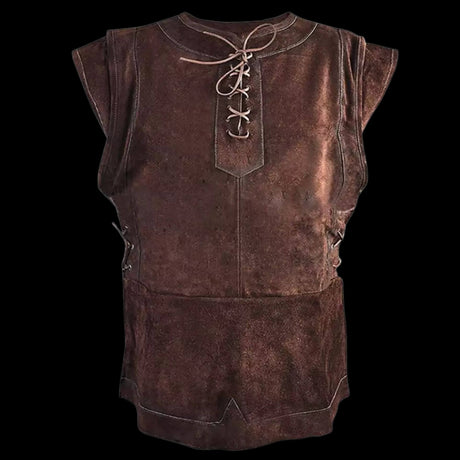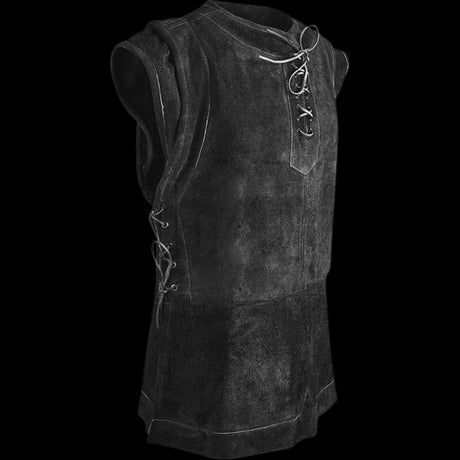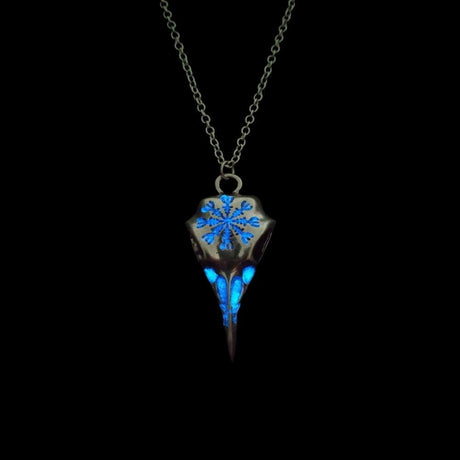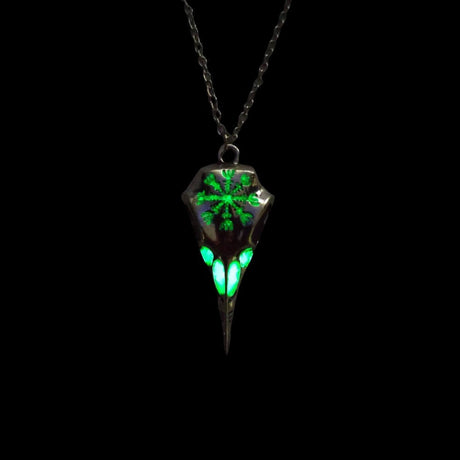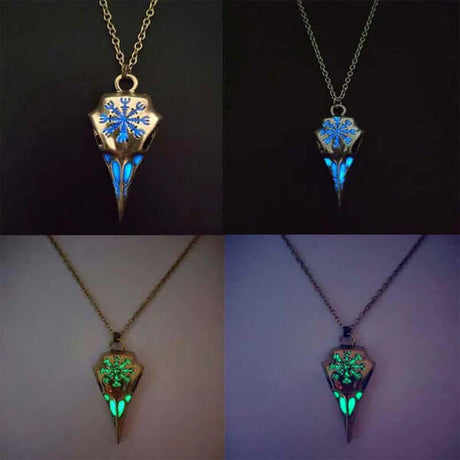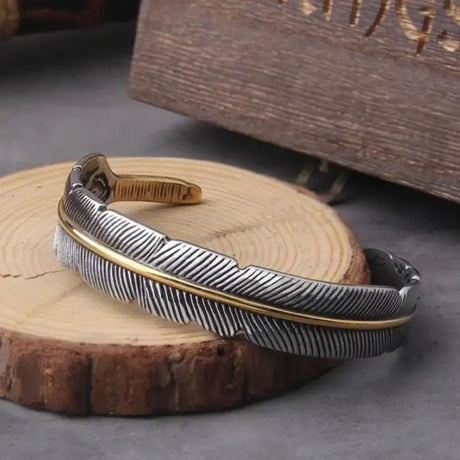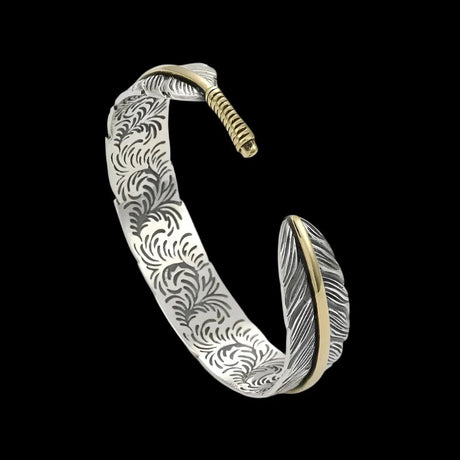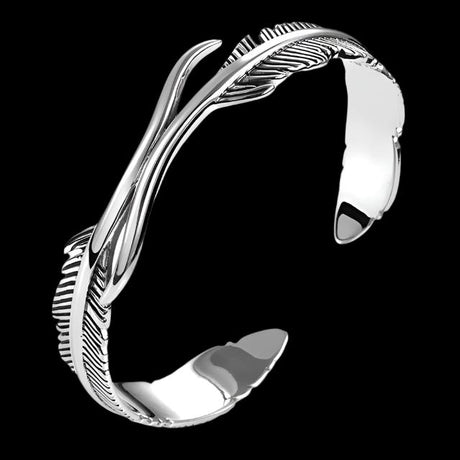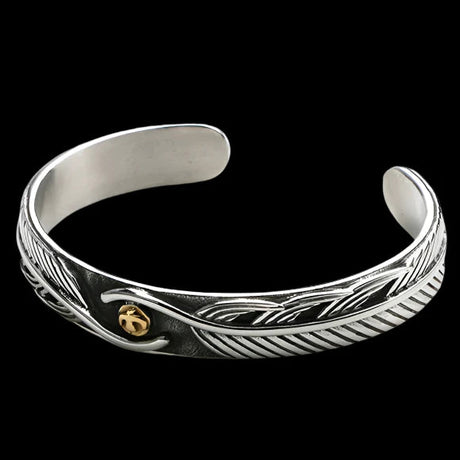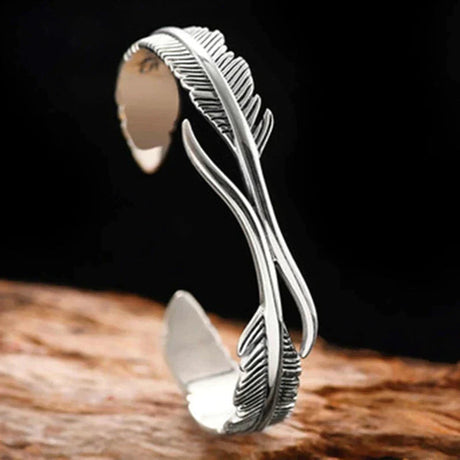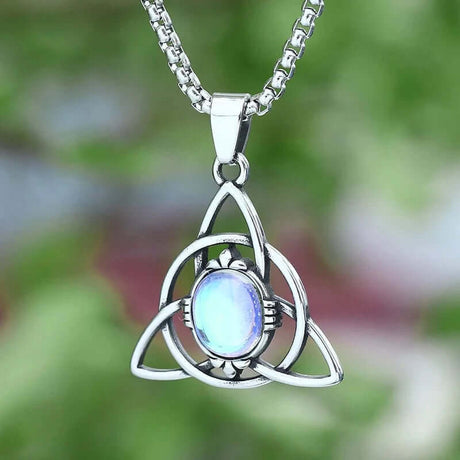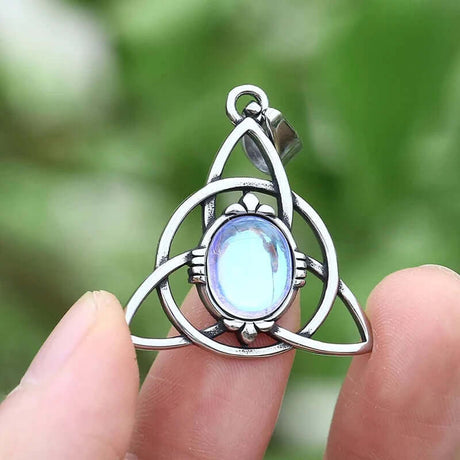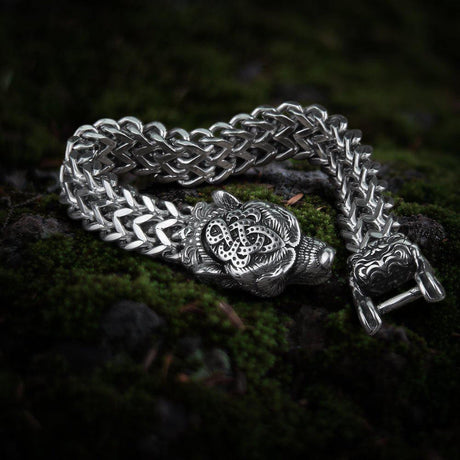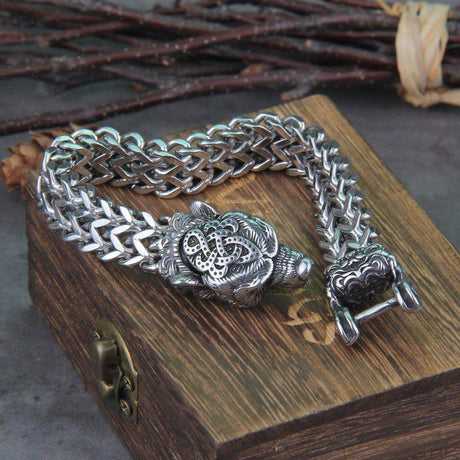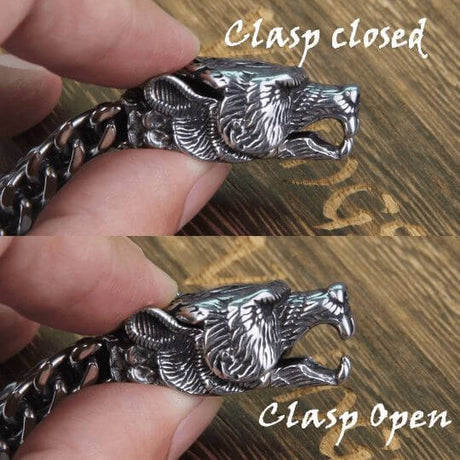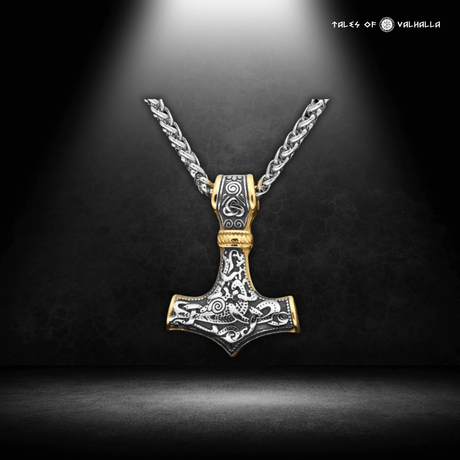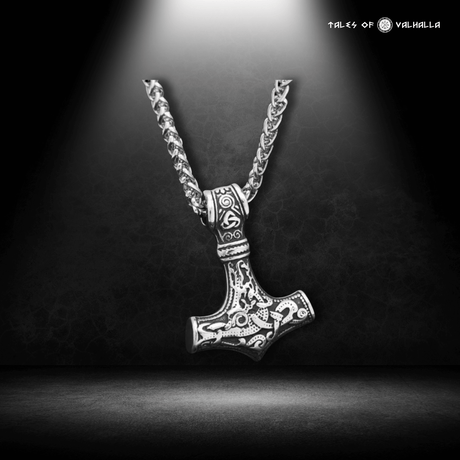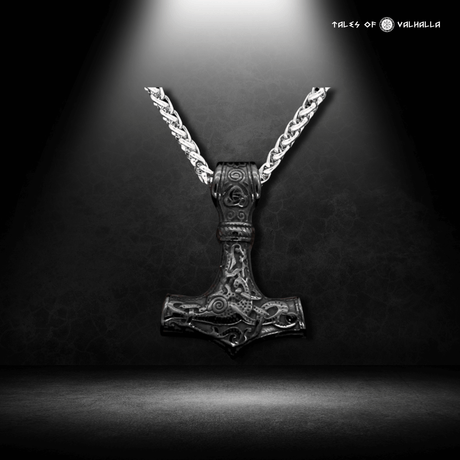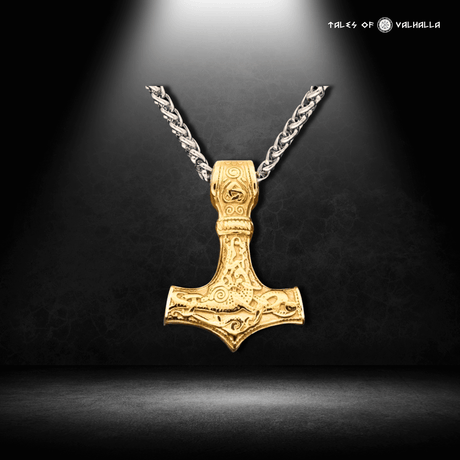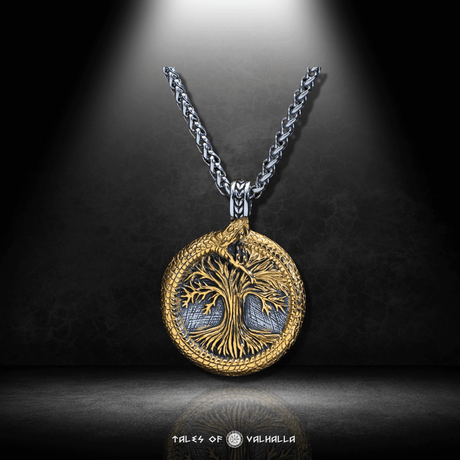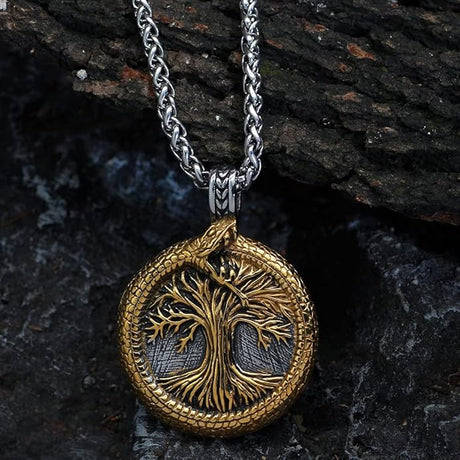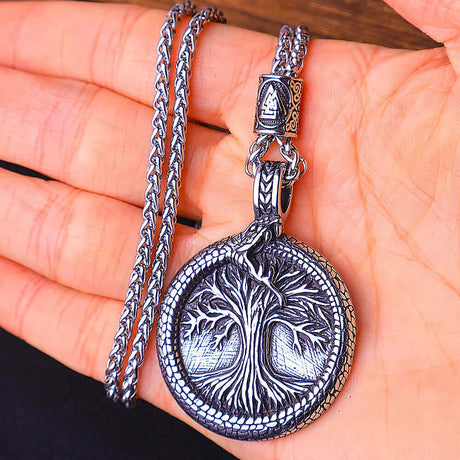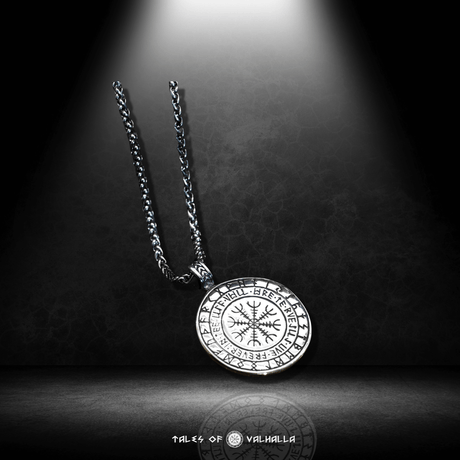The Nøkken, a mysterious and captivating figure from Nordic folklore, has long fascinated storytellers, artists, and scholars. Known as a spirit of the waters, the Nøkken appears in a variety of forms and tales, representing the interplay between nature’s beauty and its hidden dangers. Rooted deeply in Scandinavian mythology, the Nøkken embodies both the allure and treachery of the lakes and rivers it inhabits.
In this blog, we’ll explore the myths, meanings, and cultural significance of the Nøkken, tracing its origins in Nordic traditions and its place in modern storytelling. Whether you’re curious about the mythology of water spirits or intrigued by the darker tales of folklore, the Nøkken offers a compelling journey into the heart of Scandinavian lore.
Who Is the Nøkken?
A Shape-Shifting Water Spirit
In Nordic mythology, the Nøkken is a shape-shifting water spirit known for its ability to appear in various forms. Often depicted as a handsome man, a mysterious shadow, or even a dangerous creature, the Nøkken uses its transformation abilities to lure people into its watery domain.
The spirit is most commonly associated with still bodies of water, such as lakes, ponds, and slow-moving rivers. Its presence is said to be both enchanting and ominous, symbolizing the beauty of nature and its potential for danger.

The Nøkken in Different Traditions
The Nøkken appears in several variations across Scandinavian folklore. In Swedish traditions, it is often portrayed as a seductive figure who plays the fiddle to enchant its victims. In Norway, the Nøkken is described as a more malevolent entity, using deception to drag unsuspecting travelers into the depths.
While its characteristics vary, the Nøkken is consistently depicted as a creature of duality—both alluring and treacherous, embodying the complex relationship humans have with nature.
The Role of the Nøkken in Mythology
A Symbol of Nature’s Duality
At its core, the Nøkken represents the dual nature of water: its ability to sustain life and its potential to cause destruction. This duality is reflected in its behavior, as it can both enchant and endanger those who encounter it.
The Nøkken’s tales often serve as cautionary stories, warning listeners of the dangers of venturing too close to unknown waters. These stories also highlight humanity’s fascination with the natural world, as the Nøkken’s beauty and mystery draw people in despite the risks.
Connections to Other Water Spirits
The Nøkken shares similarities with other water spirits in European folklore, such as the nixie in Germanic traditions and the kelpie in Scottish legends. Like the Nøkken, these spirits are often associated with deception, danger, and the transformative power of water.
In Scandinavian mythology, the Nøkken is unique for its focus on music and seduction. Its fiddle-playing is said to be so enchanting that it can lure people to their doom, a theme that recurs in many folk songs and stories.
Tales of the Nøkken
The Enchanting Musician
One of the most famous aspects of the Nøkken myth is its ability to play hauntingly beautiful music. Legends say that the Nøkken plays its fiddle by the water’s edge, drawing listeners closer with its enchanting melodies. Once captivated, the victim is pulled into the water, never to be seen again.
In some stories, the Nøkken offers to teach its music to humans in exchange for a steep price. Those who accept the offer gain extraordinary musical talent but often at the cost of their soul or sanity.
The Luring Lover
Another common tale involves the Nøkken appearing as a handsome man or a beautiful woman to lure victims into the water. These stories often explore themes of temptation, desire, and the dangers of trusting appearances.
In some variations, the Nøkken falls in love with a human and spares their life, showing a softer, more tragic side to the spirit. These tales highlight the complexity of the Nøkken’s character, blending themes of love, loss, and the eternal pull of the natural world.
The Nøkken in Art and Literature
A Muse for Creativity
The Nøkken has inspired countless works of art, music, and literature. Its haunting presence and multifaceted nature make it a popular subject for exploring themes of beauty, danger, and the unknown.
Artists like Theodor Kittelsen have famously depicted the Nøkken in paintings, often portraying it as a shadowy figure lurking beneath the surface of the water. These images capture the spirit’s mysterious allure and its connection to the untamed power of nature.

Modern Interpretations
In modern storytelling, the Nøkken continues to appear in novels, films, and even video games. It is often reimagined as a symbol of environmentalism, representing the fragile balance between humanity and the natural world.
The Nøkken’s enduring appeal lies in its ability to evoke both fear and fascination, making it a versatile character for exploring complex themes in contemporary narratives.
Lessons from Nøkken Mythology
Respect for Nature
One of the central lessons of Nøkken mythology is the importance of respecting nature. The spirit’s stories serve as reminders that even the most beautiful aspects of the natural world can be dangerous if approached without caution.
This message is particularly relevant in today’s world, where the balance between human activity and environmental preservation is increasingly delicate. The Nøkken’s tales encourage us to appreciate nature’s beauty while acknowledging its power.
The Power of Temptation
The Nøkken’s ability to lure victims with its enchanting music and appearance highlights the dangers of temptation. These stories explore how desire and curiosity can lead to peril, offering timeless insights into human behavior.
At the same time, the Nøkken’s duality reminds us that not all temptations are inherently harmful—some can lead to growth and self-discovery if approached with awareness and respect.
Common Questions About the Nøkken
Is the Nøkken Always Evil?
No, the Nøkken is not inherently evil. While many stories depict it as a malevolent spirit, other tales show it as a more complex figure, capable of love and compassion. This duality reflects the spirit’s connection to the unpredictable nature of water.
Can the Nøkken Be Defeated?
In some myths, the Nøkken can be thwarted by showing no fear or by using iron tools to protect oneself. These elements are common in folklore and symbolize humanity’s ability to overcome natural dangers through courage and ingenuity.
How Does the Nøkken Differ from Other Water Spirits?
While the Nøkken shares similarities with other water spirits like the nixie and kelpie, it is unique for its emphasis on music and seduction. Its haunting fiddle-playing is a defining characteristic that sets it apart in Nordic folklore.
Conclusion
The Nøkken remains one of the most captivating figures in Scandinavian mythology, embodying the beauty, mystery, and danger of the natural world. Its stories continue to inspire creativity and provoke thought, offering timeless lessons about respect, temptation, and the delicate balance between humanity and nature.
For those who find themselves drawn to the enigmatic spirit of the waters, the Nøkken offers a journey into the heart of Nordic folklore—a place where beauty and danger coexist, and where every ripple hides a deeper story. Explore more captivating tales and unique Viking artifacts at Tales of Valhalla.

